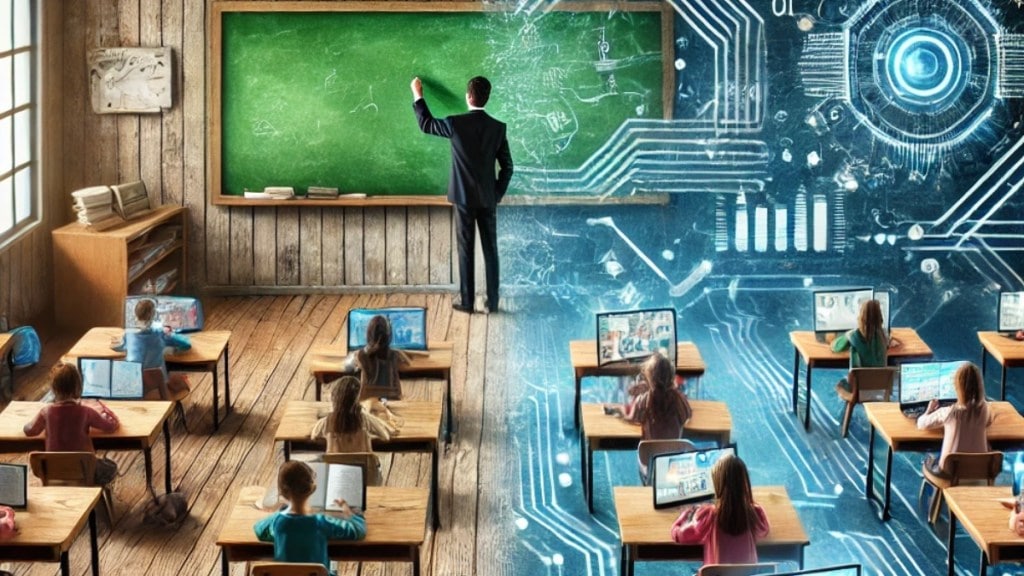As we say adieu to 2024, the standout trend in Indian education has been the integration of Artificial Intelligence (AI) into classrooms and learning methodologies. Industry experts believe that AI tools like chatbots have opened multiple avenues that were once unimaginable. It particularly allows learners to access instant solutions, explore varied perspectives, and engage with content in ways that cater to their individual learning styles.
Kunal Dalal, Managing Director at JBCN Education asserts that as much as these tools offer efficiency, it is imperative to remember that true education is about balance. “AI has its place as a supportive tool, not a replacement for the human connections, critical thinking and hands-on experiences that define holistic learning,” Dalal said.
He further believes that AI is not the end of creativity; instead, it is a catalyst for new ideas, enabling learners to explore uncharted territories while maintaining the human touch that makes education meaningful.
Aishwarya Rao, Director at The Vivekalaya Group of Institutions told the Financial Express that her institution has seen accelerated integration of Al and digital platforms throughout this year. “Chatbots, for instance, have improved accessibility and personalised learning experiences, allowing students to receive instant support and resources tailored to their learning curves,” she said.
She asserts, the lessons learned in 2024 set the stage for a future where education is not only about knowledge acquisition but about nurturing well-rounded individuals capable of thriving in a rapidly changing environment. “As we look toward 2025 and beyond, we will continue to innovate and adapt, standing at the forefront of this educational revolution, ready to guide our students into the future with confidence and responsibility,” Rao added.
However, this transformative journey is not without its challenges. The successful integration of AI into classrooms necessitates robust technological infrastructure, which remains a significant hurdle in many parts of India. According to the UDISE Report 2021-22, only 25.9% of schools in India are equipped with functional desktop or PC availability, with government schools faring even worse at just 16.5%. Additionally, concerns about data privacy and security persist. A survey conducted by the Data Security Council of India (DSCI) revealed that 87% of Indian parents worry about the privacy and security of their children’s data on online learning platforms.
As India progresses with AI integration, a responsible approach is crucial to ensure these technologies complement and enhance the human elements of education. By striking this balance, India has the opportunity to create a more dynamic and inclusive educational system. This evolution can not only propel the nation toward greater educational equity but also solidify its role as a global leader in 21st-century learning.

